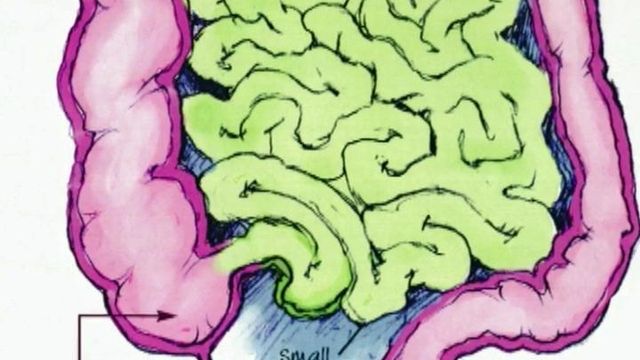Family history is key to early diagnosis for some
Tracing your family tree can have many benefits. Not the least of which is learning the inherent diseases of your ancestors. One Wayne County family discovered something that led to radical but life-saving surgery.
Posted — UpdatedAustin Brown is turning 18 and practicing hard for his driver’s license test.
He also learned his grandfather was diagnosed with colon cancer. The same disease took the life of his mom, Alice Brown, who died in July 2011 at the young age of 32.
“Watching her go through it, when they told me I had it I was kind of scared,” he said.
What Austin “had” was a genetic mutation, inherited through his mother's side of the family. It's called FAP, or familial adenomatous polyposis.
“Once (they) have the mutation, inevitably, they’re going to get colorectal cancer in their lifetime,” said Dr. Linda Farkas, colorectal surgeon with Duke Raleigh Health.
Farkas says the chances of inheriting the gene from a parent is 50 percent, so direct relatives should get a blood test to check for the mutation.
“We all had to be tested,” Holley Huggler, Alice Brown’s sister, said of herself and Austin.
Both tested positive and had colonoscopies. Doctors found a small tumor in Huggler, who had her colon and rectum removed. Brown had hundreds of polyps, so he faced a similar decision.
“He had his whole colon taken out,” Farkas said. “We're trying to spare the rectum for him at this time.”
Said Brown: “It wasn't really that hard. It was just one of those things that had to be done.”
Both Brown and his aunt said if it hadn’t been for Alice, they may never have known their risk or been checked.
“She saved our life,” Huggler said.
• Credits
Copyright 2024 by Capitol Broadcasting Company. All rights reserved. This material may not be published, broadcast, rewritten or redistributed.





